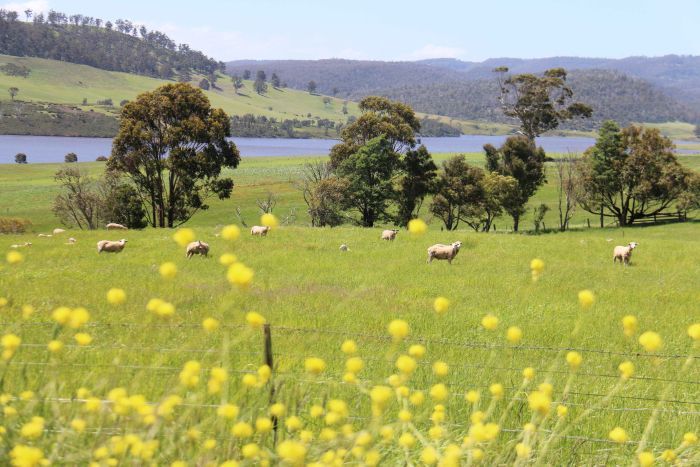Feeding the wildlife may not be such a good idea: Study shows it influences migration, rates of disease
04/10/2018 / By Michelle Simmons

Feeding the wildlife may do more harm than good as it affects migration and rates of disease. The study, published in the journal Philosophical Transactions of the Royal Society B: Biological Sciences, indicated that the migration patterns of animals are changing because of human interventions, such as ornamental plantings of berry-bearing bushes and bird feeders.
In the study, the researchers used mathematical models to determine how wildlife feeding impacts migration and disease. They found that intentional or unintentional feeding of animals, as long as there is access to new food resources, particularly if they are available all throughout the year, can cause some migratory animals to refrain from migrating.
Most animals migrate in order to find food or more favorable living or breeding conditions. One of the benefits of migration is that it can lessen parasite infection in animal populations. This manifests when animals escape from habitats where parasites have accumulated and when infected individuals are weeded out.
Therefore, when animals do not migrate but stay instead, they form resident populations. One of its consequences is that resident animals may be occupying breeding territories and resources by the time migrants return – which causes a competitive disadvantage for the migrants. Moreover, the returning migrants may encounter many of those resident animals that were infected by parasites. These prolong the parasite transmission season.
“…additionally if those residents are supported by food subsidies through the winter, the infected individuals might be more likely to make it through,” explained Richard Hall, one of the researchers of the study. “So now these migrants are returning to areas where there’s already a larger number of infected individuals, so those mechanisms for escaping parasitism become less effective.”

In addition, these resident animals with supplemented diets might support more harmful parasites. Parasites that feed on migratory animals may have developed to be “more benign to their hosts” in times of tough migratory journeys, according to Hall. As a result, these resident populations might encourage the spread of parasites that causes more deadly diseases to migrants.
However, Hall said they’re not implying that bird feeding should be stopped. Rather, practices that benefit both the people and wildlife, or those that reduce the unintended consequences should be adopted. Hall suggested that planting native species in people’s yards that have a fruiting or flowering period that co-existed with native birds can help. Regularly cleaning the bird feeders and birdbaths can also help prevent diseases, while placing feeders far apart from each other can help minimize exposure to infectious pathogens. (Related: Migratory birds are teaching humans about the benefits of superfood berries.)
Ways to prevent unintentional food supply
Another reason why feeding wild animals may not be a good idea is because “people food” is not good for animals. The food that you eat is not nutritious enough for animals and may cause health problems. Moreover, feeding wild animals can make them lose their natural fear of people. They may become too comfortable in residential or recreational areas.
Instead of feeding wildlife, there are other things you can do for them. One of these is to wash all recyclable glass and plastic containers to remove any food remnants and odors. Cut and/or crush plastic containers as well because some animals, such as skunks, can get their heads stuck in containers and end up starving to death. It is also important to ensure that plastic food wrap is washed and secured in a tied bag or securely covered garbage can. When going to parks, or similar places, keep the place clean and follow the rules regarding wildlife.
Read more news stories and studies about ecology at Ecology.news.
Sources include:
Submit a correction >>
Tagged Under:
animal feeding, animal migration, bird feeding, Ecology, Migration, migratory animals, migratory birds, migratory habits, research, spreading disease, wild animals, wildlife, wildlife feeding
This article may contain statements that reflect the opinion of the author





















